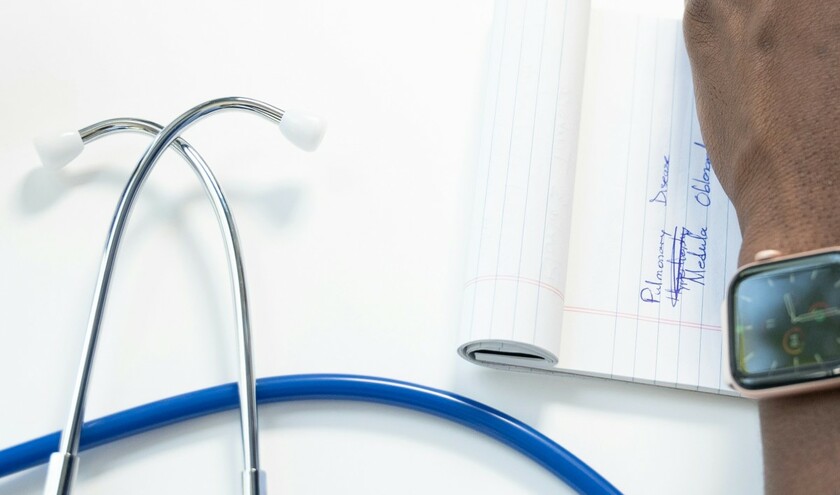The research by the University of Southampton, published in the British Journal of General Practice, shows what patients really want from GP practices:
- No more phone roulette: People want easy ways to book, clearer phone options, shorter recorded messages, and simple online routes with quick responses.
- Face-to-face: Despite NHS plans to push digital, patients still prefer in-person appointments and consider them the "gold standard" – while confidence and trust scores were lower when people wanted a face-to-face and received a call instead.
- Personal touch: Patients overwhelmingly want to choose a specific doctor to maintain continuity of care – trust and confidence decreased when people want to see a GP but are directed to a nurse instead says the study.
- Information black hole: The public wants clear details the roles of different healthcare specialists, and to be informed on their care journey.
- Closer surgeries: Patients prefer GP practices close to home and desire clean, calm and well-managed waiting rooms.
Lead author Helen Atherton, a Professor of Primary Care Research at Southampton, said the NHS is too focused on measuring satisfaction rates and not on what services patients want from GPs.
She added: ‘Patients want a deeper connection with their doctor's practice, better communication, and the choice to see the right professional in the best way for them.
‘The NHS needs to better understand what people want so it can shape its services to work for patients. Ignoring these fundamental needs will only exacerbate the issues it currently faces.'
The Government's plans to create more than eight million new GP appointments each year misses the mark, said Prof Atherton, who added: ‘Simply increasing the number of GP appointments is not enough. Patient needs go beyond accessing their doctor – they value their relationships with their practice and want choice in how they access care and who they see.
‘The government should focus on what patients want rather than try to fix their experiences with general practice or increasing appointments.'



